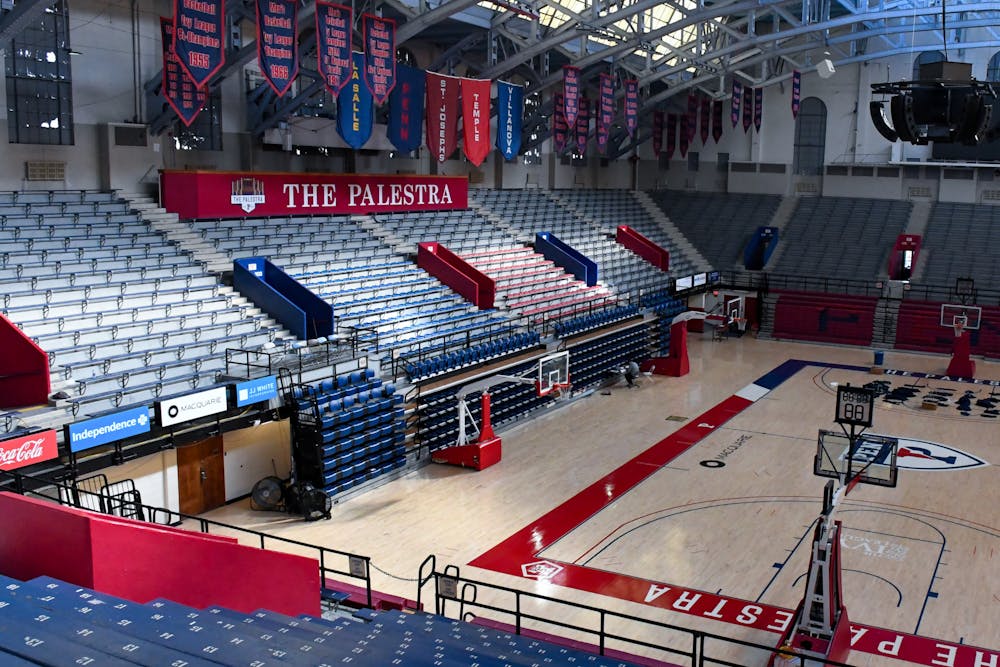
Penn Athletics is currently in talks to form a name, image, and likeness collective in the coming years, sources close to the Penn men’s basketball program told The Daily Pennsylvanian.
One source close to the matter reported a conversation in which a Penn men’s basketball coach told an athlete that some players would be paid through a collective in the near future. Another source claimed that a collective has already been in use but that the measure is currently paused.
In similar funds across the nation, alumni donors pool dollars to facilitate NIL opportunities for the school’s athletes. Ivy League schools have previously opposed these measures, deeming their “pay-for-play” structure to be antithetical to the conference’s academic mission.
One of the sources said that the collective would only be designed for select players within Penn’s athletics programs. Multiple sources indicated that Penn has begun introductory talks regarding a collective, with one specifying that Penn was awaiting approval from the Ivy League.
Penn Athletics and the Ivy League did not respond to requests for comment by the time of publication.
The Ivy League has remained supportive of “legitimate NIL,” which is defined as commercial opportunities between athletes and businesses for services such as advertisement or endorsement. Collectives, on the other hand, typically involve direct payment to players for their athletic participation. The conference has long opposed such practices, a policy that extends to its ban on athletic scholarships.
The league also recently announced its intention to opt out of the pending House v. NCAA settlement, which would provide University-funded revenue sharing to former and current college athletes. This model is separate from NIL, but it represents another form of the direct compensation the conference has previously prohibited.
The Ivy League “will continue to not provide student-athletes with revenue sharing allocations, athletics scholarships, or direct NIL payments,” Ivy League Executive Director Robin Harris wrote in an email to student-athletes on Jan. 21.
“[The Ivy League] will continue to provide an educational intercollegiate athletics model that is focused on academic primacy and the overall student-athlete experience,” Harris wrote.
The formation of a collective would signal a change in the Ivy League’s philosophy — at least at one member school.
One source indicated that Penn’s efforts were driven by alumni in an effort to retain top talent and maintain national competitiveness.
Since the advent of NIL in 2021, many have questioned the conference’s ability to compete in sports like football and basketball, in which athletes can command not only scholarships but also a significant NIL figure at larger schools with collective funds in place.
In establishing a collective of its own, Penn would seek to contend with these programs and keep up with the pace of an ever-evolving college sports landscape.
The Daily Pennsylvanian is an independent, student-run newspaper. Please consider making a donation to support the coverage that shapes the University. Your generosity ensures a future of strong journalism at Penn.
Donate




